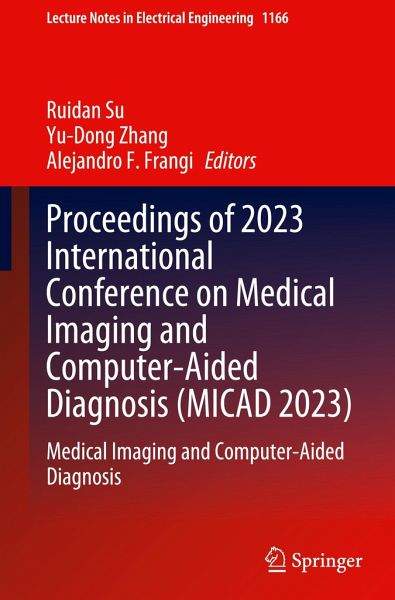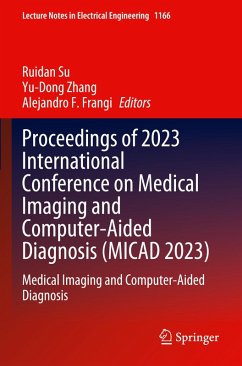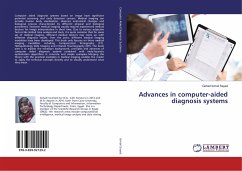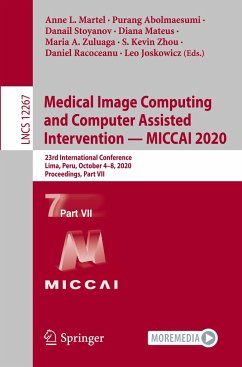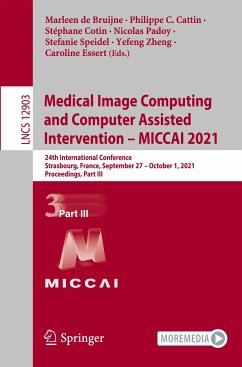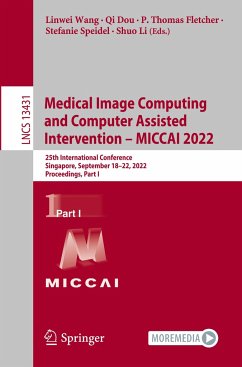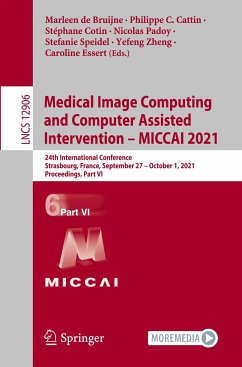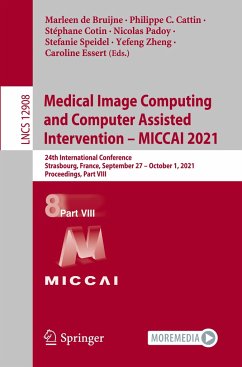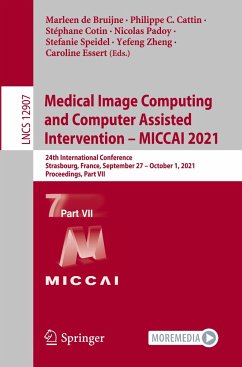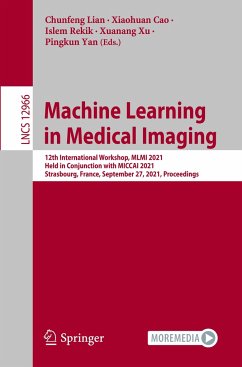Dr. Ruidan Su is currently an assistant professor of Shanghai Jiao Tong University, Department of Computer Science. He received his MSc in Software Engineering from Northeastern University, China in 2010, and his Ph.D degree in Computer Application Technology from Northeastern University, China in 2014. After that, he worked in Shanghai Advanced Research Institute, Chinese Academy of Sciences as a research assistant. His field of science is digital image processing and artificial intelligence, Machine learning, Computational Intelligence, AI4Sciences. Dr. Su is an IEEE Senior Member. He has published more than 30 papers in referred journals, conference proceedings. He is an Associate Editor for the Journal of Granular Computing Published by Springer, an Associate Editor for the Journal of Intelligent & Fuzzy Systems published by IOS Press. Dr. Su was the guest editor for Multimedia Tools and Applications by Springer for Special Issueon Practical Augmented Reality (AR) Technology and its Applications and Special Issue on Deep Processing of Multimedia Data, a Proceeding Editor for the Proceeding of 2018 & 2019 & 2020 International Conference on Image and Video Processing, and Artificial Intelligence (IVPAI 2018 - 2023 Published by SPIE). Dr.Ruidan Su has been a reviewer for several leading journals, such as Information Sciences, IEEE Transactions on Cybernetics, IEEE Access, Applied Intelligence, International Journal of Pattern Recognition and Artificial Intelligence, Knowledge and Information Systems, Multimedia Tools and Application, The Journal of Supercomputing, Concurrency and Computation: Practice and Experience, Electronic Commerce Research Prof. Yu-Dong Zhang received his PhD degree from Southeast University in 2010. He worked as a postdoc from 2010 to 2012 in Columbia University, USA, and as an assistant research scientist from 2012 to 2013 at Research Foundationof Mental Hygiene (RFMH), USA. He served as a full professor from 2013 to 2017 in Nanjing Normal University, where he was the director and founder of Advanced Medical Image Processing Group in NJNU. Now he serves as Professor in Department of Informatics, University of Leicester, UK. He was included in "Most Cited Chinese researchers (Computer Science)" by Elsevier from 2014 to 2018. He was the 2019 recipient of "Highly Cited Researcher" by Web of Science. He won "Emerald Citation of Excellence 2017" and "MDPI Top 10 Most Cited Papers 2015". He was included in "Top Scientist" in Guide2Research. He published over 160 papers, including 16 "ESI Highly Cited Papers", and 2 "ESI Hot Papers". His citation reached 10096 in Google Scholar, and 5362 in Web of Science. He is the fellow of IET (FIET), and the senior members of IEEE and ACM. He is the editor of Scientific Reports, IEEE Transactions on Circuits and Systems for Video Technology, etc. He served as the (leading) guest editor of Information Fusion, Neural Networks, IEEE Transactions on Intelligent Transportation Systems, etc. He has conducted many successful industrial projects and academic grants from NSFC, NIH, Royal Society, and British Council. Prof. Alejandro F. Frangi is the Bicentennial Turing Chair in Computational Medicine at the University of Manchester, Manchester, UK, with joint appointments at the Schools of Computer Science and Health Science. He is also the Royal Academy of Engineering Chair in Emerging Technologies, with a focus on Precision Computational Medicine for in silico trials of medical devices. He is the Director of the Christabel Pankhurst Institute for Health Technology Research and Innovation. He is an Alan Turing Institute Fellow. His research vision was recently awarded an ERC Advanced Grant from the European Research Council. He is a recipient of the IEEE Engineering in Medicine and Biology Technical Achievement(2021) and Early Career (2006) Awards, the ICT Knowledge Transfer Prize (2008) and two Teaching Excellence Prizes (2008 and 2010) by the Social Council of the Universitat Pompeu Fabra. He also received the UPF Medal (2011) for his service as Dean of the Escuela Politècnica Superior. He was awarded the ICREA-Academia Prize by the Institució Catalana de Recerca i Estudis Avançats (ICREA) in 2008, a President's International Initiative Award in 2019 by the Chinese Academy of Science, and a Pengcheng Scholar Programme Distinguished Professor at Shenzhen University by the Shenzhen Education Bureau. Professor Frangi's main research interests lie at the crossroads of medical image analysis and modelling with an emphasis on machine learning (phenomenological models) and computational physiology (mechanistic models). He is particularly interested in statistical methods applied to population imaging and in silico clinical trials. His highly interdisciplinary work has been translated into theareas of cardiovascular, musculoskeletal and neurosciences.
